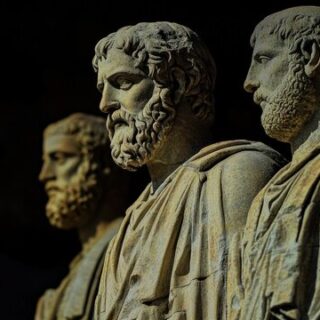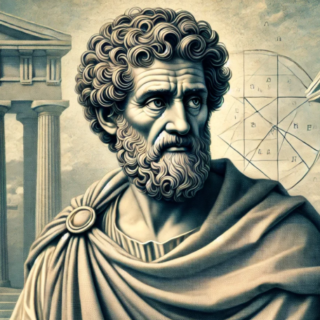Why Did Philosophy Originate in Greece?
In his book A History of Western Philosophy, Bertrand Russell writes: “In all history, nothing is so surprising or so difficult to account for as the sudden rise of civilization in Greece. Much of what makes civilization had already existed for thousands of years in Egypt and in Mesopotamia, and...








